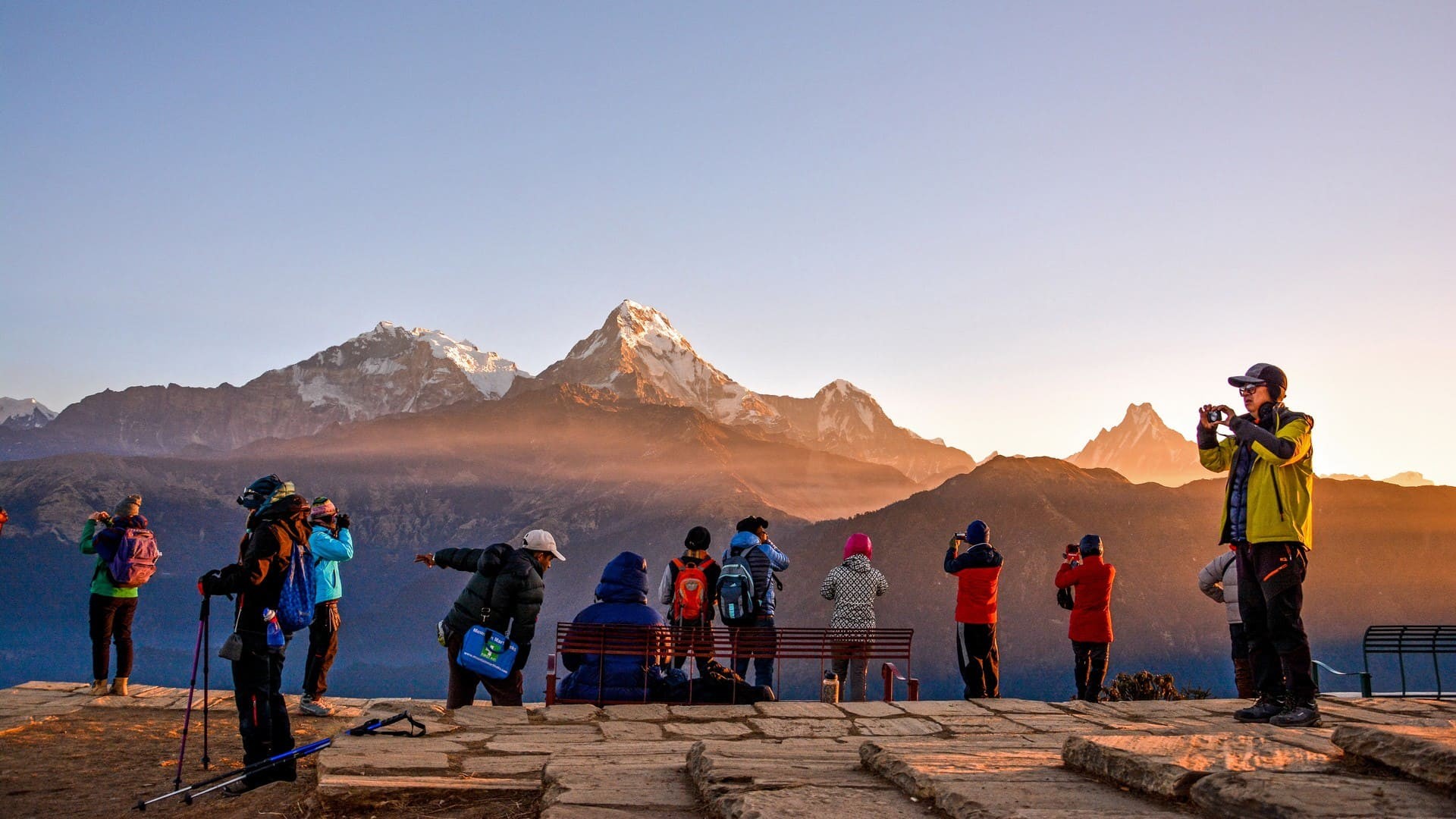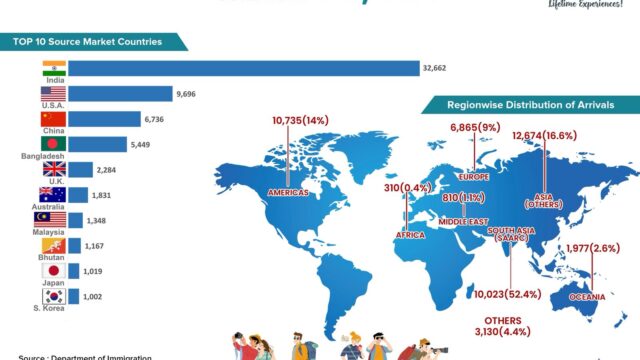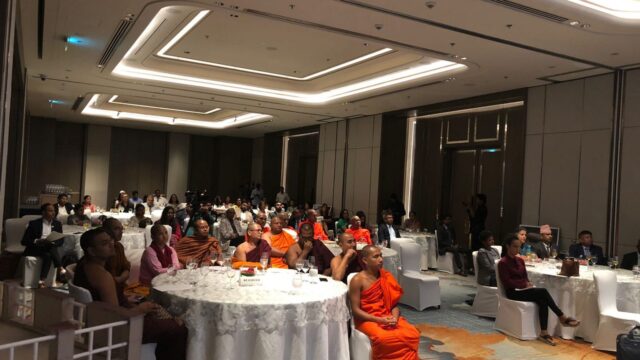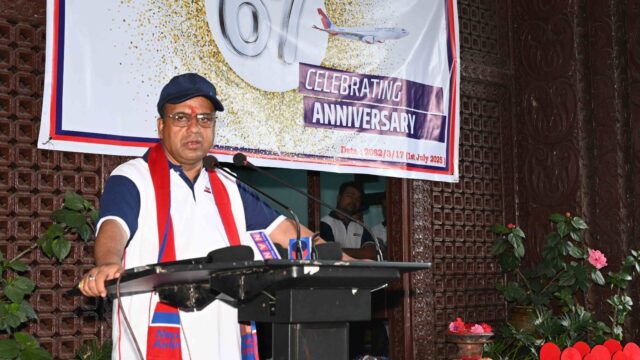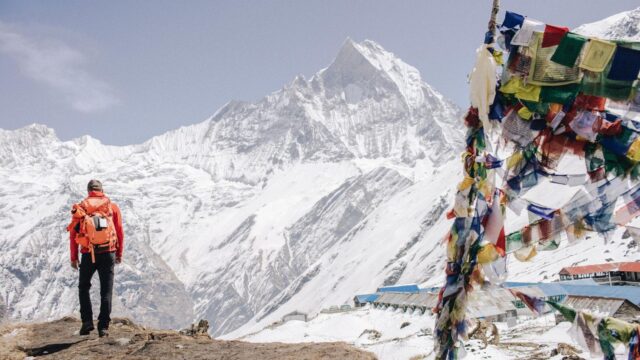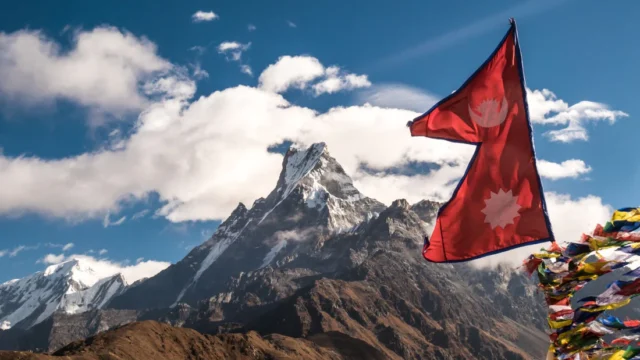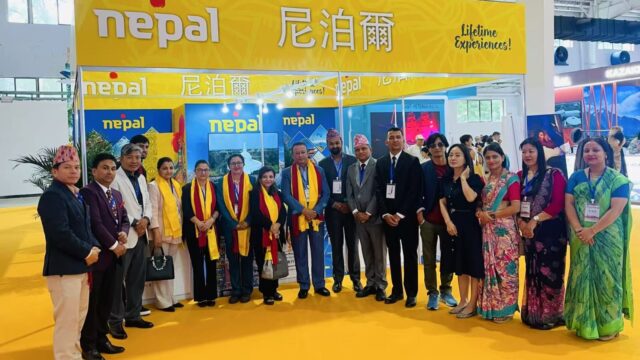In recent years, digital transformation has profoundly reshaped various sectors, and the travel and tourism industry in Nepal is no exception. With the advent of advanced technologies and widespread internet access, travel planning and booking processes have undergone a significant evolution. This transformation has brought about both opportunities and challenges, redefining how tourists interact with Nepal’s travel services.
One of the most notable impacts of digital transformation on travel planning and booking is the enhanced accessibility and convenience it offers. Tourists now can plan and book their trips from the comfort of their homes, thanks to online platforms and mobile applications. Websites such as TripAdvisor, and Booking.com, and local platforms like Yatra Nepal and Go Nepal have revolutionized the way travelers research and book their accommodations, flights, and activities.
In Nepal, the rise of digital platforms has made it easier for tourists to access information about various destinations, accommodations, and tour packages. This accessibility is particularly beneficial for international tourists who might not have had detailed knowledge about Nepal before their trip. Digital tools provide comprehensive information on destinations like Kathmandu, Pokhara, and Lumbini, including reviews, ratings, and recommendations, which help tourists make informed decisions.
Digital transformation has streamlined the booking processes, reducing the time and effort required to plan a trip. Online booking systems allow tourists to compare prices, check availability, and make reservations with just a few clicks. This efficiency extends to various aspects of travel, including flights, hotels, rental cars, and guided tours.
Nepal’s domestic airlines like Yeti Airlines and Buddha Air offer online booking facilities, enabling tourists to secure their flights easily. Similarly, many hotels and lodges in popular tourist areas have embraced online reservation systems, making it more convenient for travelers to book their stays in advance. This shift has also facilitated the growth of online travel agencies (OTAs) that offer bundled packages, including transportation, accommodation, and activities, all in one place.
Digital tools have significantly enhanced the personalization and customization of travel experiences. Advanced algorithms and data analytics enable travel service providers to tailor their offerings based on individual preferences and past behaviors. For example, travel apps and websites often recommend destinations, accommodations, and activities based on a user’s previous searches and bookings.
In Nepal, this means that tourists can enjoy more personalized travel experiences. For instance, adventure seekers interested in trekking can receive recommendations for popular trekking routes like the Everest Base Camp or Annapurna Circuit based on their interests and fitness levels. Similarly, cultural enthusiasts might be guided towards historical sites such as Bhaktapur Durbar Square or Lumbini, the birthplace of Lord Buddha. This level of personalization enhances the overall travel experience, making it more aligned with individual interests.
Another significant benefit of digital transformation is the integration of local experiences into travel planning. Platforms like Airbnb have expanded beyond traditional accommodations, offering tourists the chance to book unique local experiences such as cooking classes, guided city tours, and cultural workshops. In Nepal, this has led to an increase in tourists participating in authentic local experiences, such as traditional Nepali cooking classes or guided tours of rural villages.
Local businesses and entrepreneurs have also capitalized on digital platforms to showcase their offerings. For example, local tour operators and adventure companies use social media and their websites to market their services, reach a broader audience, and attract international tourists. This integration not only boosts the visibility of local experiences but also supports the local economy by directing more revenue towards community-based tourism initiatives.
Despite the many advantages, the digital transformation in travel planning and booking also presents certain challenges. One of the primary concerns is the digital divide, which can create disparities between tourists who have access to advanced technology and those who do not. In remote areas of Nepal, limited internet access and technology infrastructure can hinder the ability of local businesses to participate in the digital marketplace.
The abundance of online information can sometimes be overwhelming for tourists, leading to decision fatigue. With numerous options and varying quality of online content, it can be challenging for travelers to discern reliable information from misleading or outdated sources.
Furthermore, the reliance on digital platforms raises concerns about data privacy and security. Tourists are increasingly required to share personal and financial information online, which necessitates robust security measures to protect against cyber threats and data breaches. Travel service providers in Nepal must prioritize cybersecurity to safeguard the information of their customers and build trust in the digital ecosystem.
Looking ahead, the digital transformation in travel planning and booking is expected to continue evolving with advancements in technology. Emerging trends such as artificial intelligence (AI), virtual reality (VR), and blockchain technology are likely to further shape the travel experience.
AI-powered chatbots and virtual assistants are already being used to provide real-time customer support and personalized recommendations. In the future, these technologies could enhance the booking process by offering more sophisticated and intuitive interactions.
Virtual reality could revolutionize travel planning by allowing tourists to virtually explore destinations before making a decision. For example, VR tours of popular sites like the Kathmandu Durbar Square or the Annapurna region could provide an immersive preview of what to expect, helping travelers make more informed choices.
Blockchain technology has the potential to enhance transparency and security in travel transactions. By providing a decentralized and immutable record of transactions, blockchain could address concerns related to fraud and data privacy, making travel bookings more secure and trustworthy.
The digital transformation has had a profound impact on travel planning and booking for tourists in Nepal. The increased accessibility, streamlined processes, and enhanced personalization offered by digital tools have significantly improved the travel experience. However, challenges such as the digital divide, decision fatigue, and data security remain important considerations.
As technology continues to advance, the travel industry in Nepal is likely to see further innovations that will shape the future of travel planning and booking. By embracing these changes and addressing associated challenges, Nepal can continue to offer a seamless and enriching travel experience for tourists from around the world.
